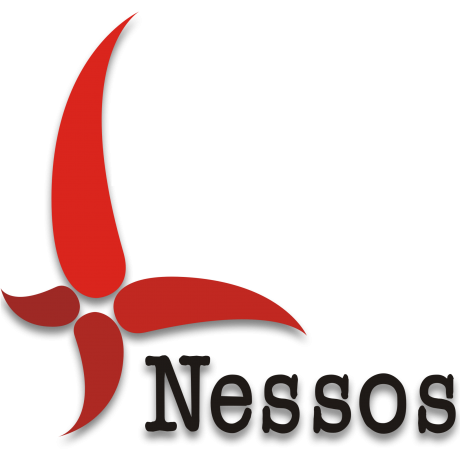val hello : obj
Full name: CDocument.hello
Full name: CDocument.hello
Multiple items
val string : value:'T -> string
Full name: Microsoft.FSharp.Core.Operators.string
--------------------
type string = System.String
Full name: Microsoft.FSharp.Core.string
val string : value:'T -> string
Full name: Microsoft.FSharp.Core.Operators.string
--------------------
type string = System.String
Full name: Microsoft.FSharp.Core.string
Multiple items
val seq : sequence:seq<'T> -> seq<'T>
Full name: Microsoft.FSharp.Core.Operators.seq
--------------------
type seq<'T> = System.Collections.Generic.IEnumerable<'T>
Full name: Microsoft.FSharp.Collections.seq<_>
val seq : sequence:seq<'T> -> seq<'T>
Full name: Microsoft.FSharp.Core.Operators.seq
--------------------
type seq<'T> = System.Collections.Generic.IEnumerable<'T>
Full name: Microsoft.FSharp.Collections.seq<_>
Multiple items
module List
from Microsoft.FSharp.Collections
--------------------
type List<'T> =
| ( [] )
| ( :: ) of Head: 'T * Tail: 'T list
interface IEnumerable
interface IEnumerable<'T>
member Head : 'T
member IsEmpty : bool
member Item : index:int -> 'T with get
member Length : int
member Tail : 'T list
static member Cons : head:'T * tail:'T list -> 'T list
static member Empty : 'T list
Full name: Microsoft.FSharp.Collections.List<_>
module List
from Microsoft.FSharp.Collections
--------------------
type List<'T> =
| ( [] )
| ( :: ) of Head: 'T * Tail: 'T list
interface IEnumerable
interface IEnumerable<'T>
member Head : 'T
member IsEmpty : bool
member Item : index:int -> 'T with get
member Length : int
member Tail : 'T list
static member Cons : head:'T * tail:'T list -> 'T list
static member Empty : 'T list
Full name: Microsoft.FSharp.Collections.List<_>
val map : mapping:('T -> 'U) -> list:'T list -> 'U list
Full name: Microsoft.FSharp.Collections.List.map
Full name: Microsoft.FSharp.Collections.List.map
module Array
from Microsoft.FSharp.Collections
from Microsoft.FSharp.Collections
val sum : array:'T [] -> 'T (requires member ( + ) and member get_Zero)
Full name: Microsoft.FSharp.Collections.Array.sum
Full name: Microsoft.FSharp.Collections.Array.sum
val id : x:'T -> 'T
Full name: Microsoft.FSharp.Core.Operators.id
Full name: Microsoft.FSharp.Core.Operators.id
type 'T list = List<'T>
Full name: Microsoft.FSharp.Collections.list<_>
Full name: Microsoft.FSharp.Collections.list<_>
type unit = Unit
Full name: Microsoft.FSharp.Core.unit
Full name: Microsoft.FSharp.Core.unit
Multiple items
val int : value:'T -> int (requires member op_Explicit)
Full name: Microsoft.FSharp.Core.Operators.int
--------------------
type int = int32
Full name: Microsoft.FSharp.Core.int
--------------------
type int<'Measure> = int
Full name: Microsoft.FSharp.Core.int<_>
val int : value:'T -> int (requires member op_Explicit)
Full name: Microsoft.FSharp.Core.Operators.int
--------------------
type int = int32
Full name: Microsoft.FSharp.Core.int
--------------------
type int<'Measure> = int
Full name: Microsoft.FSharp.Core.int<_>
val map : mapping:('T -> 'U) -> array:'T [] -> 'U []
Full name: Microsoft.FSharp.Collections.Array.map
Full name: Microsoft.FSharp.Collections.Array.map
Multiple items
val int64 : value:'T -> int64 (requires member op_Explicit)
Full name: Microsoft.FSharp.Core.Operators.int64
--------------------
type int64 = System.Int64
Full name: Microsoft.FSharp.Core.int64
--------------------
type int64<'Measure> = int64
Full name: Microsoft.FSharp.Core.int64<_>
val int64 : value:'T -> int64 (requires member op_Explicit)
Full name: Microsoft.FSharp.Core.Operators.int64
--------------------
type int64 = System.Int64
Full name: Microsoft.FSharp.Core.int64
--------------------
type int64<'Measure> = int64
Full name: Microsoft.FSharp.Core.int64<_>


